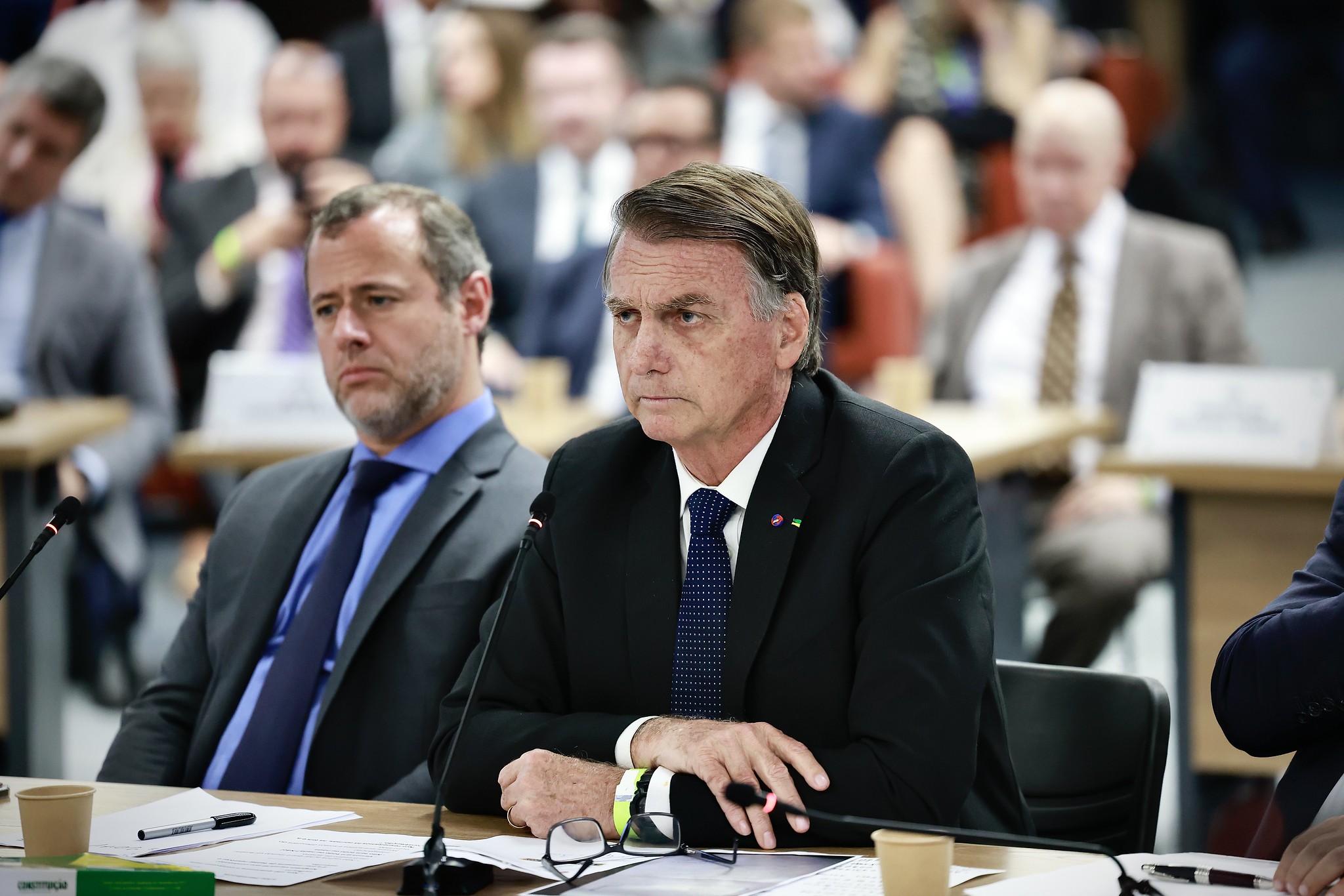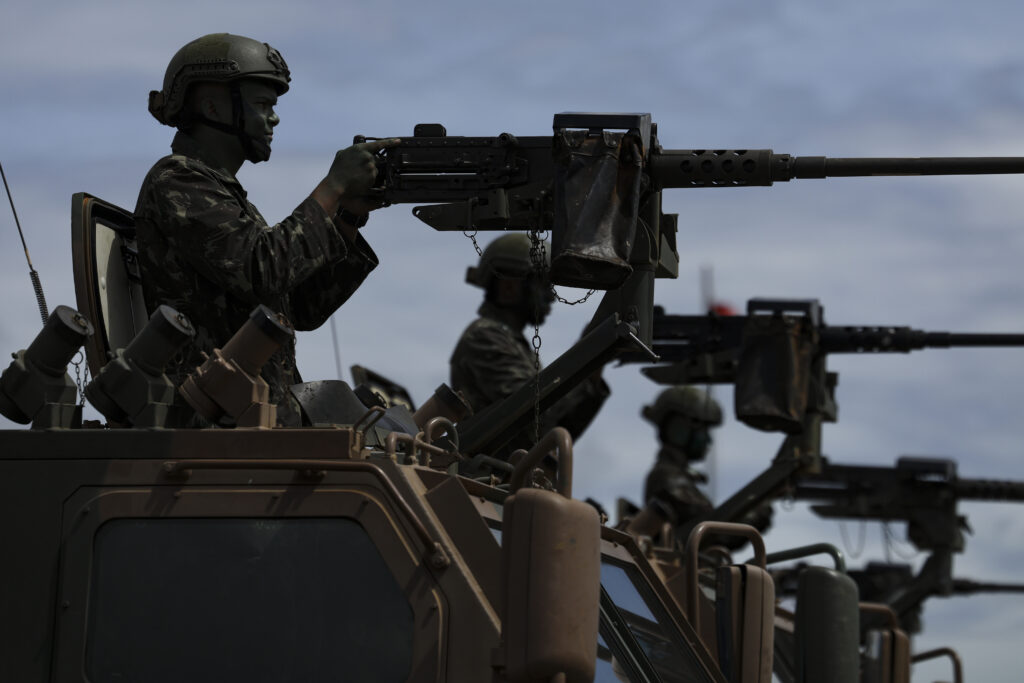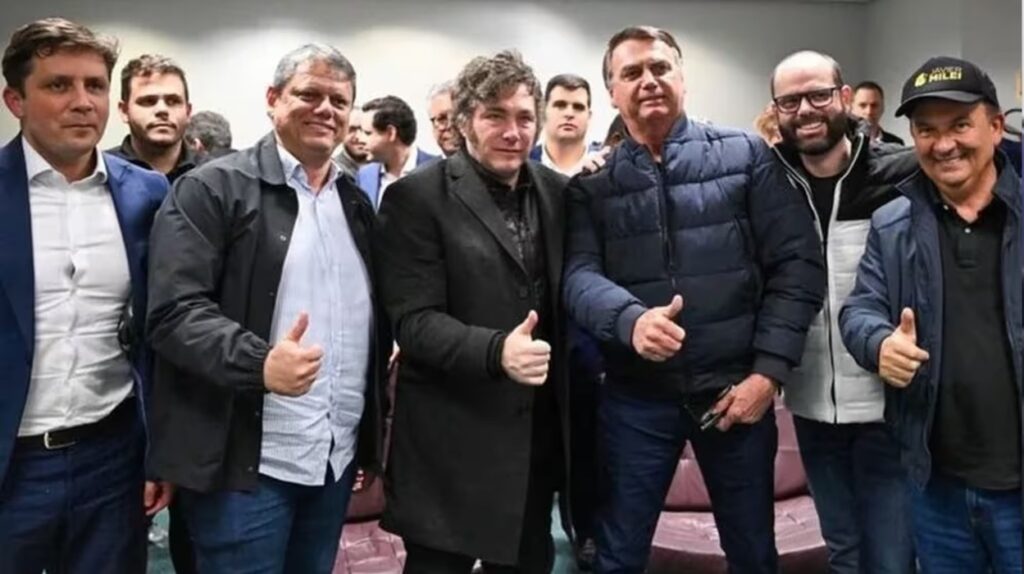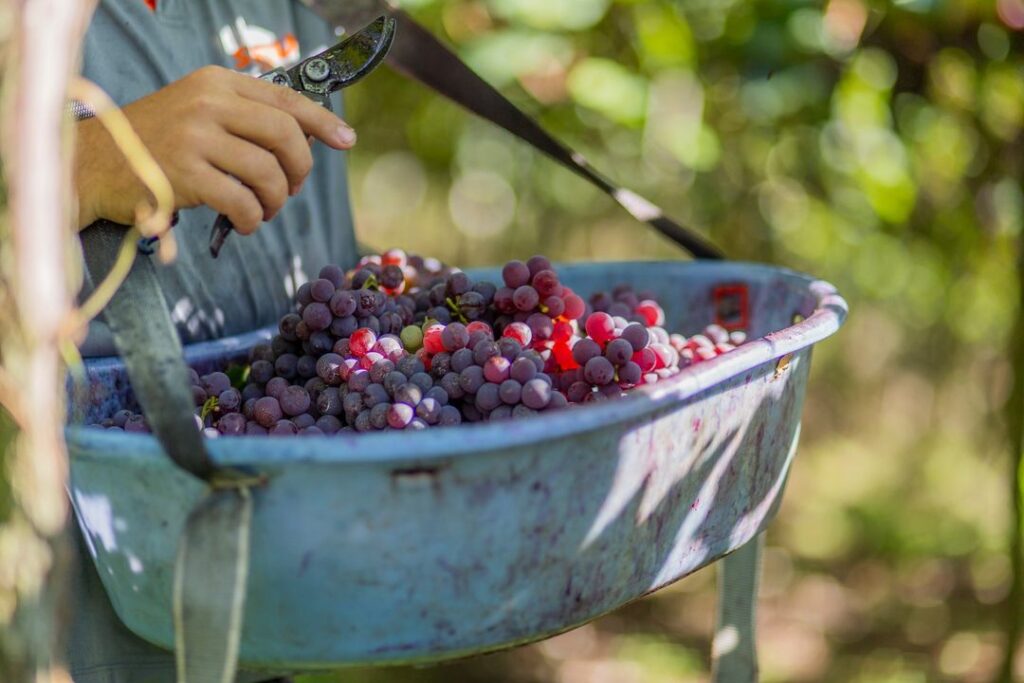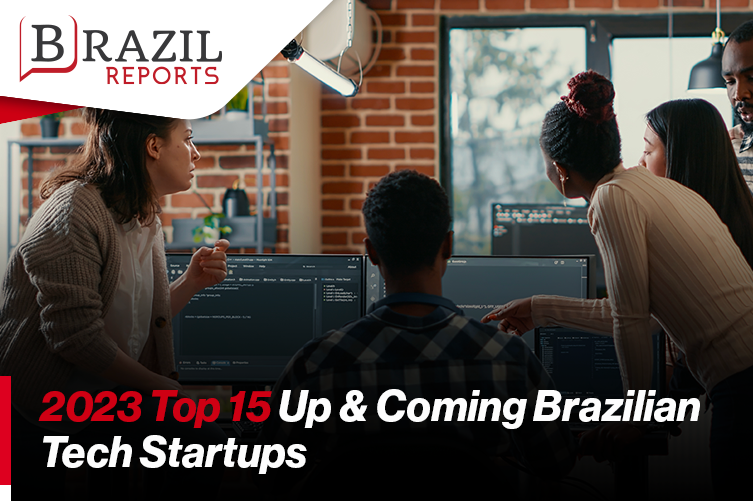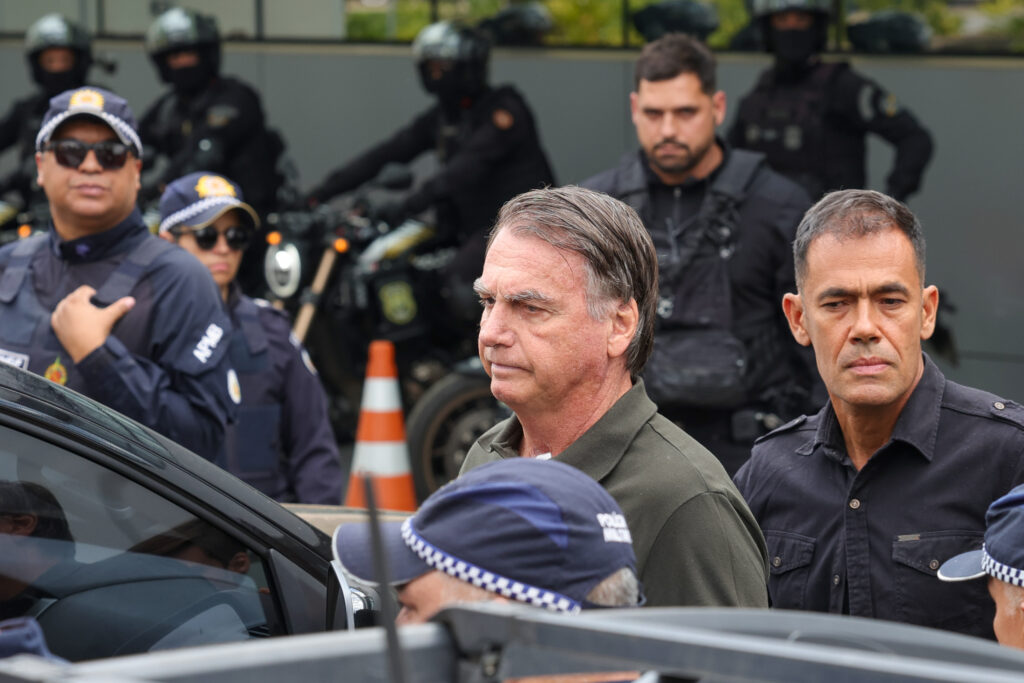São Paulo, Brazil – Former Brazilian President Jair Bolsonaro was questioned on Tuesday by the country’s Supreme Court as part of a criminal case in which he stands accused of plotting to overturn the 2022 election results and disrupt Brazil’s democratic order.
According to federal prosecutors, Bolsonaro played a central role in an alleged conspiracy to prevent President Luiz Inácio Lula da Silva from taking office and to keep himself in power.
It was the first time since becoming a defendant on March 26 that Bolsonaro faced Justice Alexandre de Moraes, the lead judge overseeing the case. During more than two hours of questioning, the far-right former president rejected all allegations against him, denying the existence of any coup plot or effort to undermine Brazil’s democratic and constitutional framework.
“On my part, there was never any talk of a coup. A coup is abhorrent,” Bolsonaro said during his testimony. “Starting one would even be easy. The future is unpredictable and harmful to everyone. Brazil could never go through something like that. That hypothesis was never even considered during my administration.”
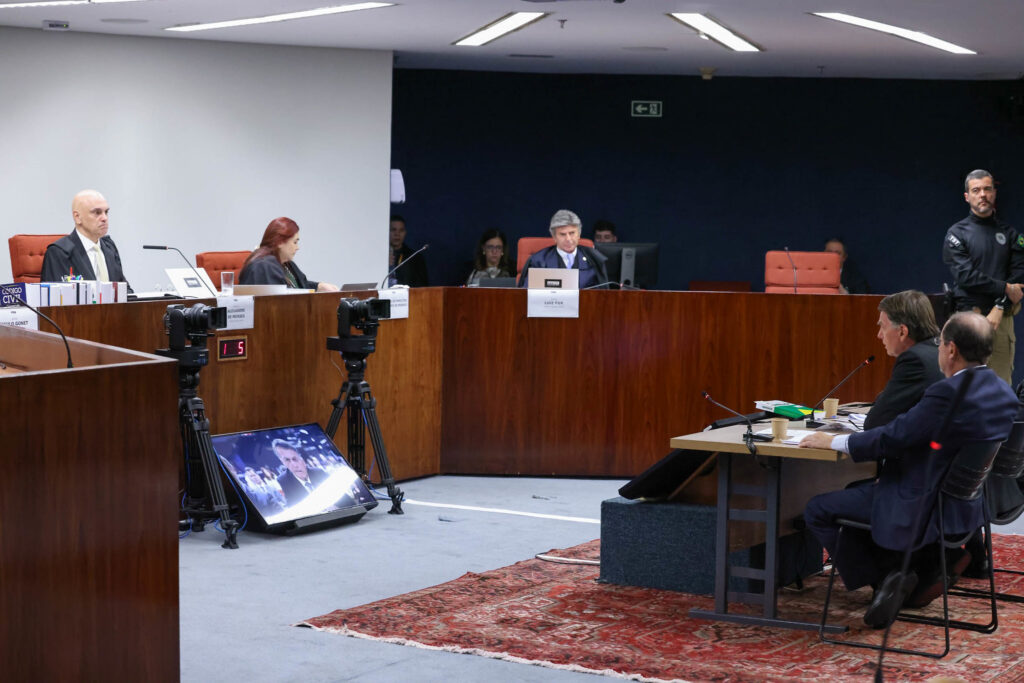
(photo credit: Antonio Augusto/STF via Flickr)
Still, he admitted to having discussed with aides and military commanders the possibility of finding a legal mechanism—within the bounds of Brazil’s Constitution—that could somehow reverse Lula’s victory.
“The conversations were very informal, nothing was proposed,” Bolsonaro said. “It was just to see if there was any chance of a constitutional provision that could help us reach the goal that wasn’t achieved in the Superior Electoral Court.”
That reference to Brazil’s top electoral court reflects the former president’s repeated and forceful attacks on the country’s voting system, particularly electronic voting machines, especially in the latter half of his term. One episode revisited during Tuesday’s hearing was a July 2022 meeting with foreign ambassadors at the presidential residence, less than three months before the first round of voting. At the gathering, Bolsonaro—without presenting any evidence—claimed Brazil’s electoral system was “flawed” and “unverifiable,” and said elections could not be trusted.
Federal prosecutors described that meeting as “one more step in the execution of the plan to stay in power.” Bolsonaro, however, downplayed the incident, asserting that “meeting with ambassadors is a prerogative of the head of state.” As for his attacks on the voting system, he claimed his criticism—however intense—did not violate the Constitution.
“At no point did I act against the Constitution. I always played within the four lines,” he said, using a common Brazilian expression referring to following the rules. “Many times, I got upset, swore, said things I shouldn’t have. But in my view, I did what had to be done.”
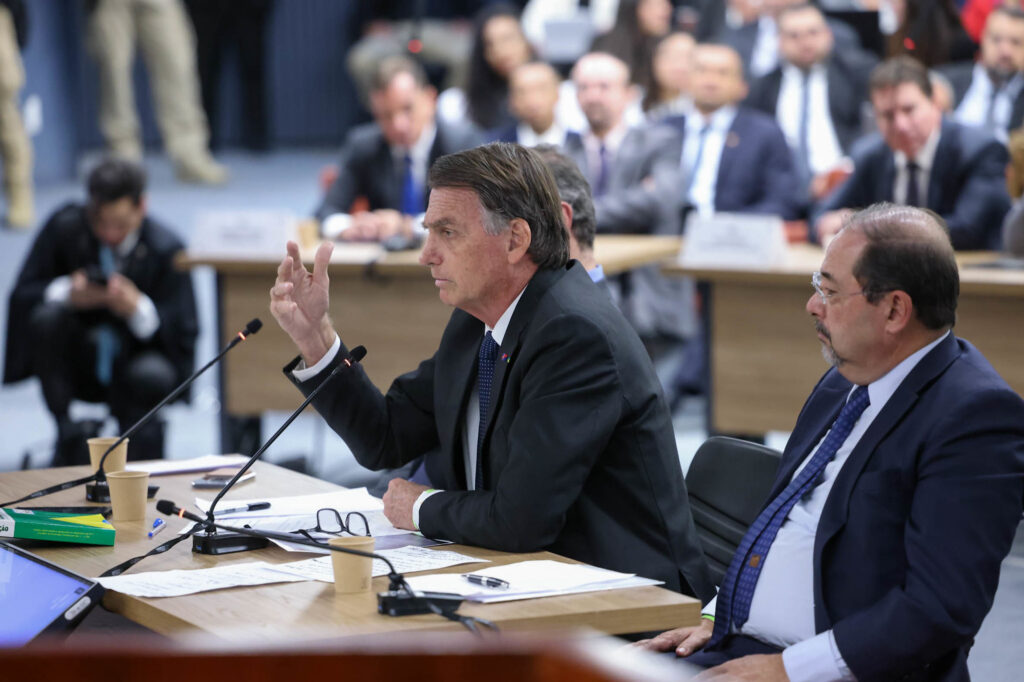
(photo credit: Antonio Augusto/STF via Flickr)
Bolsonaro was also questioned by Brazil’s attorney general, Paulo Gonet, about the January 8, 2023 riots in Brasília, when thousands of his supporters stormed and ransacked the Congress, Supreme Court, and presidential offices. Prosecutors argue that the violent uprising represented the final attempt to ignite hopes of a military-backed coup.
“We repudiate all of that,” Bolsonaro told Gonet. “With all due respect, Dr. Paulo Gonet, it is not true that I collaborated with the events of January 8. There’s nothing from me there, encouraging that chaos, which we repudiate.”
He also insisted he had never incited anyone “to do anything wrong.”
Of the 34 people indicted by Brazil’s federal prosecutors for their alleged involvement in the coup attempt, 31 have already been formally charged by the Supreme Court. The defendants have been divided into six groups based on their roles in the scheme. Group 1—the central cluster—includes Bolsonaro and seven others; they face charges such as attempting to overthrow the government, violent abolition of the democratic rule of law, and destruction of public property.
With interrogations wrapping up, the case is now nearing the end of the pretrial phase. It is expected that this group could be brought to trial in 2025.
Featured image: Jair Bolsonaro during questioning at the Supreme Court (photo credit: Fellipe Sampaio/STF via Flickr)


